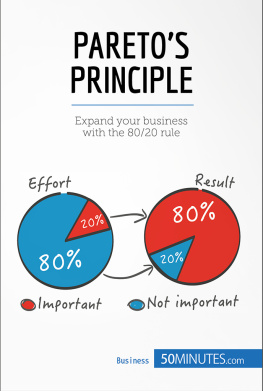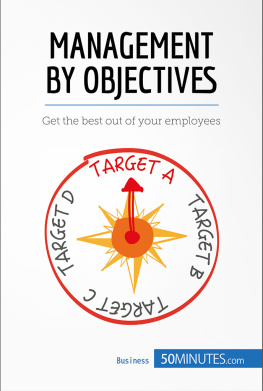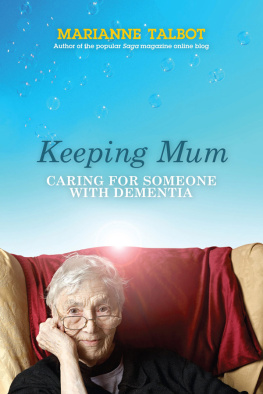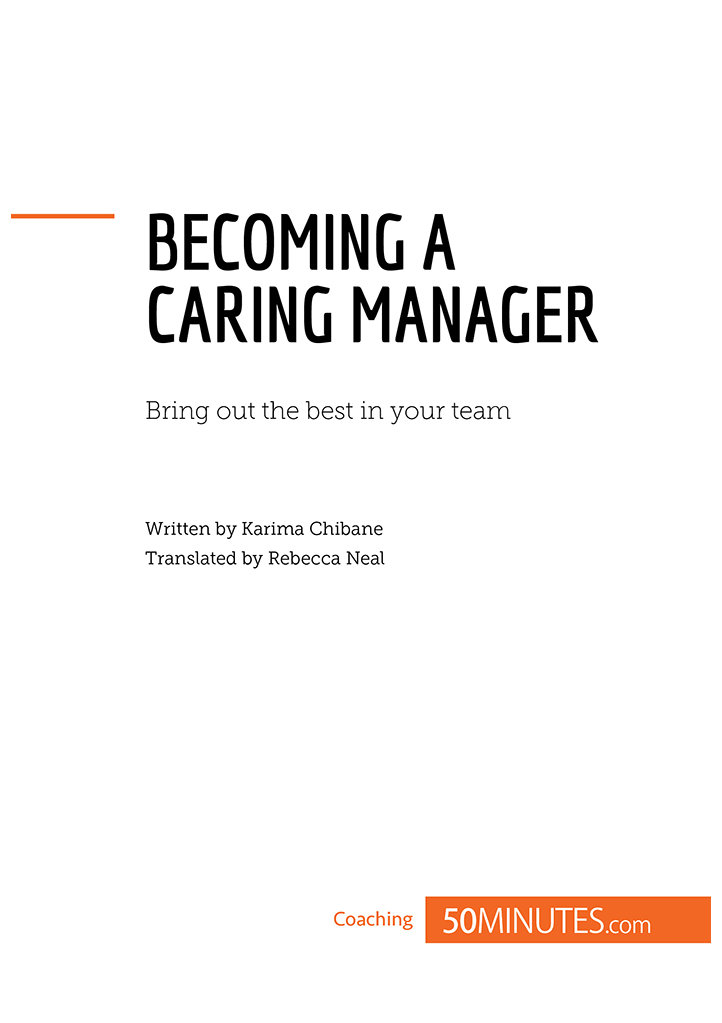Becoming a caring and congruent manager
- Issue: how can I manage intergenerational teams in a constantly changing world while looking out for employees wellbeing?
- Uses: caring management increases wellbeing at work and enables the development of synergies through collective intelligence, an increase in performance and creativity, and the prevention of psychosocial risks.
- Professional context: management of teams, human resources, talent management, professional relationships, etc.
- FAQs:
- What can I say to people who think that being caring is being nave?
- Why should I choose a caring management style directed towards congruence?
- What are the three key indicators of a caring and congruent approach to management?
- What is the difference between ethical management, slow management and management-coaching?
- Is caring a key to happiness in the professional world?
- How can I become a caring and congruent manager?
- Can all managers become caring?
- What do the latest findings about this management style say?
All truth passes through three stages. First, it is ridiculed. Second, it is violently opposed. Third, it is accepted as self-evident. (Arthur Schopenhauer)
New ways of managing appear on a regular basis. The trend towards caring management seems more important than most. It began in the USA, like most management trends, before making its way to Europe. The Collins English Dictionary defines caring as feeling or showing care and compassion. In practice, this means looking for the positive in another person or in a situation. Managers must therefore learn to manage their relationships with others in a positive way, in order to achieve effective collective action, which is conducive to higher performance.
However, some managers still too often prioritise numbers, forgetting human relationships and the importance of balance. Interprofessional relationships should nonetheless not be managed mechanically: the limits of this approach have become clear, and the current spike in cases of burnout is a clear symptom of this.
The refocusing of managerial thought on human relationships ahead of the task to be accomplished can now be seen in managerial literature, training courses in management schools, universities, and interventions in consultancy and coaching firms.
The world-renowned Academy of Management (AOM), the largest academic body in the field of management science, took Dare to Care as the theme of its 2010 Annual Meeting. Two years later, the Academy of Management Review (AMR), a journal published by the AOM and one of the most prestigious journals in the field of business and management, followed this with a dossier on caring management and regular articles on the development of this approach to management.
This surge in interest in the topic of caring and congruence is becoming vitally important. It attracts reflections on ethical management, emotional and interpersonal intelligence, integrity, collective intelligence, agility and slow management. For some, caring management oriented towards congruence is the characteristic of great managers, meaning those who have an assertive personality and are self-confident and open-minded.
Caring management: the basics
The managers of the past and the managers of today
What is a manager?
There is a relative consensus between different management authors with regard to the definition of a manager. Their main characteristic lies in their task, namely knowing how to manage and coordinate a group of individuals whom they are responsible for. The director of a company is therefore also a manager.
N.B.
The decision to not distinguish between managers and directors in this guide is deliberate. Caring management can be a shared stance, as each individual has the purpose of creating collective intelligence through synergy.
The manager of tomorrow
The function of management theories is to interpret how organisations work. The first work in this field is relatively recent, as it dates from the start of the 20th century, and it aims to improve the performance of companies.
Until the 1970s, organisations were structured around a bureaucratic model: a strict hierarchy, a substantial degree of control, and little delegation. In this context, the 1990s were a turning point: status and level in the hierarchy were no longer enough, and management turned towards the concept of results and the means of achieving results. Managers had to change: they now needed to develop legitimacy based on relationships. Their ability to motivate their teams began to be prioritised over technical mastery of their job. They had to have strong communication skills as they were thrown into the heart of human relationships and human issues, most of the time with no preparation. This period also saw the globalisation of the markets, increasingly rapid changes of environment and new organisations in networks or in the planning stage.
This paradigm shift for managers led them to activate other resources. Relationship training became necessary, in particular in order to develop empathy and an awareness of emotional intelligence. Managers became leaders. Hard power, the prerogative of aggressive managers and very hierarchical and centralised companies, was over. Although it was suitable in the context of mass production, in our post-industrial society where the mobilisation of intelligence is important and where involvement has replaced obedience, workers are free individuals and display little loyalty towards companies. Generation Y clearly represents this movement, which is structural and will become more pronounced with Generation Z.
The generations: a quick reminder
- Generation X comprises people born between 1960 and 1980. They struggled to find stable and well-paid jobs and tend to remain in their post and climb the professional ladder over time. This generation prioritises the balance between professional and private life. For them, information is slow and controlled. They struggle to understand Generation Y and vice versa.
- Generation Y comprises people born between 1980 and 1995. They grew up with television, the development of the internet and video games. For these digital natives, authority does not necessary mean competence. They question everything, including existing approaches to management, which Generation X does not like at all. Generation Y prioritises efficiency over years of experience, and they want to be understood. For them, work is not the most important thing: they are looking for a better quality of life, think in the short term and move around a lot. They want rapid career progression, flexible hours, freedom and independence.
- Generation Z comprises people born from 1995 onwards. This generation grew up with social networks and is constantly connected. Unlike other generations, they never experienced life without new technologies. For them, congruence is all the more important considering that soon there will probably be no more barriers between personal life and professional life, which tend to blend together.
The leader who has well-developed interpersonal intelligence and who adopts a caring and congruent managerial stance is therefore the manager of tomorrow.



















